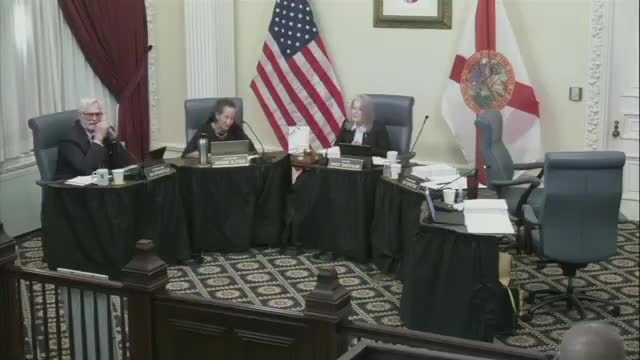Article not found
This article is no longer available. But don't worry—we've gathered other articles that discuss the same topic.
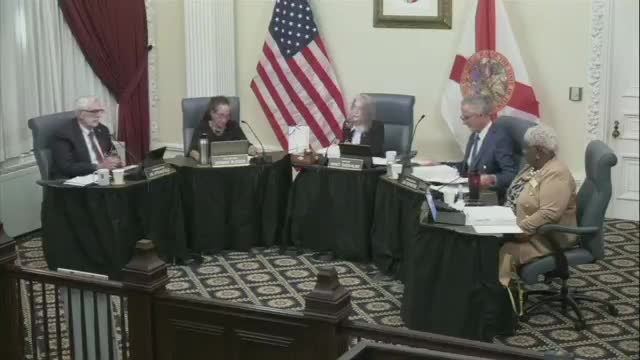
Votes at a glance: key actions taken by City Commission on June 23, 2025
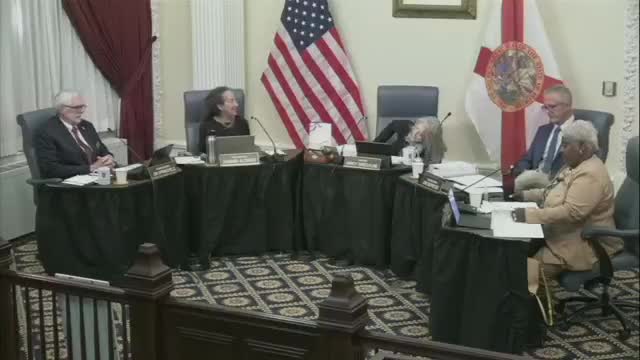
St. Augustine issues Pride ("Bridal") proclamation; public comment draws sharply divided views
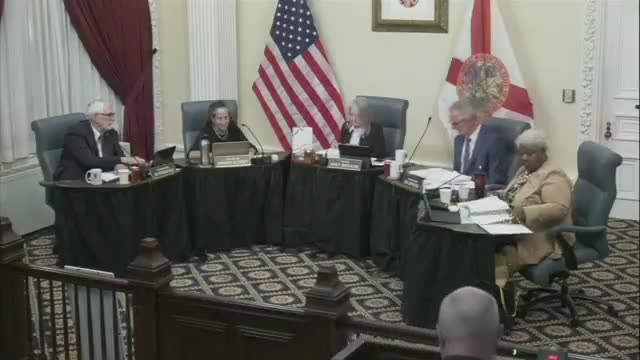
Commission approves purchase of 160 Marine St. for Lake Maria Sanchez floodwall staging and protection
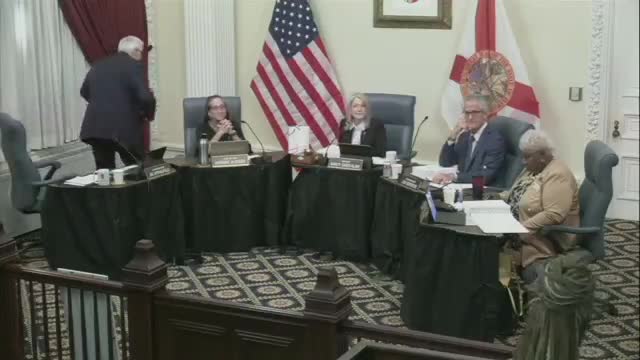
St. Augustine commission adopts West City CRA plan amid policing, facade and funding questions
